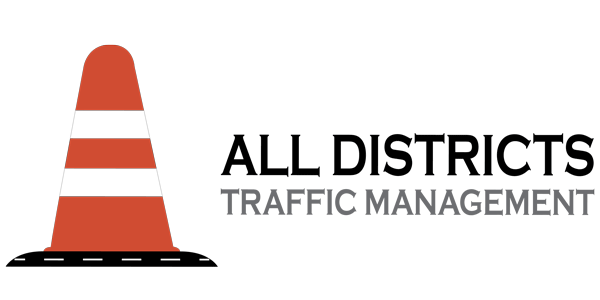Efficient traffic management is vital for ensuring smooth flow of people and goods in cities as they serve as hubs of economic and social activity. Here are some considerations for effective traffic management:
Encouraging the use of public transportation can help reduce the number of vehicles on the road, reducing congestion and improving traffic flow.
Smart traffic signals can adjust signal timing based on real-time traffic data, which can help reduce congestion and improve traffic flow.
Creating dedicated bicycle lanes can encourage more people to bike, reducing the number of vehicles on the road and improving traffic flow.
Designing cities with pedestrians in mind can encourage more walking, reducing the number of vehicles on the road and improving traffic flow.
Implementing effective parking management strategies can help reduce the number of vehicles on the road, particularly in dense urban areas.
By implementing these and other strategies, cities can improve traffic management, reduce congestion, and create more livable communities. Efficient public transportation can lead to fewer vehicles on the road, reducing congestion and improving traffic flow. Smart traffic signals that use real-time data to adjust signal timing based on traffic conditions can also help improve traffic flow. Creating dedicated bicycle lanes and designing pedestrian-friendly cities can encourage more biking and walking, respectively, reducing the number of vehicles on the road. Effective parking management strategies can also help reduce the number of vehicles on the road, particularly in dense urban areas. Overall, these strategies can lead to better traffic management, reduced congestion, and improved livability in cities.

